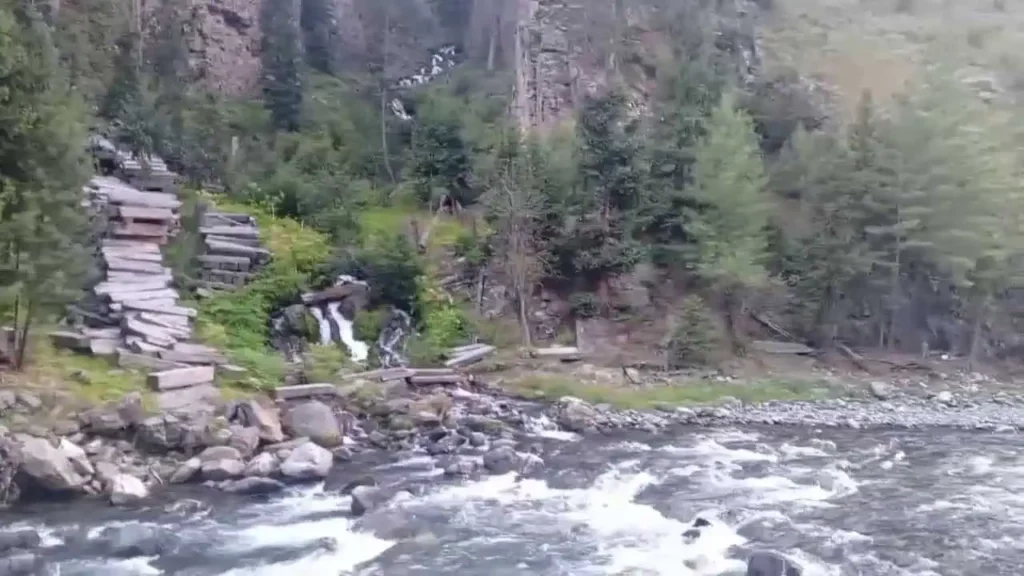The increasing deforestation for firewood in Pakistan-occupied Gilgit-Baltistan (PoGB) is escalating both environmental problems and a rising public health crisis. As residents struggle to keep warm during severe winters, the rapid depletion of forests is accelerating climate change and leading to a variety of health risks.
“Gilgit-Baltistan is a cold area, and people rely on wood for warmth. Unfortunately, this is leading to the destruction of forests, and now glaciers are melting, temperatures are fluctuating dramatically, and the situation is getting worse. Deforestation is a serious issue that must be controlled immediately” stated by a local resident.
The continued deforestation in Pakistan-occupied Gilgit-Baltistan (PoGB) is not only accelerating climate change but is also increasing the region’s susceptibility to natural disasters. The cutting of trees, which play essential role for soil stabilization, raises the risk of landslides, especially in the steep, mountainous areas of the region.
“The cutting down of forests increases the risk of landslides, If we preserve the forests, they help protect the land. But cutting them down has serious negative consequences. The environment will deteriorate if we do not take immediate action” stated by another local resident.
Air pollution is another serious issue worsened by deforestation. During the winter, many local residents burn wood along with other materials like plastic tyres, to keep warm. This practice generates thick smog, significantly reducing air quality and contributing to a rise in respiratory diseases, especially asthma and other breathing-related issues.
Khadim Hussain, a local resident of Pakistan-occupied Gilgit-Baltistan (PoGB), stated, “If people are burning plastic tyres or other plastic items along with wood, it harms their health and worsens the air quality.” “Inside homes, this pollution causes respiratory illnesses, breathing difficulties, asthma, and even eye irritation. These health issues have been significantly increasing,” he further added.
Amid growing concerns over deforestation, pollution, and public health hazards, both residents and environmental experts are urging the government to take immediate action. They warn that without prompt intervention, the situation will deteriorate further, causing greater environmental damage and escalating public health challenges.

